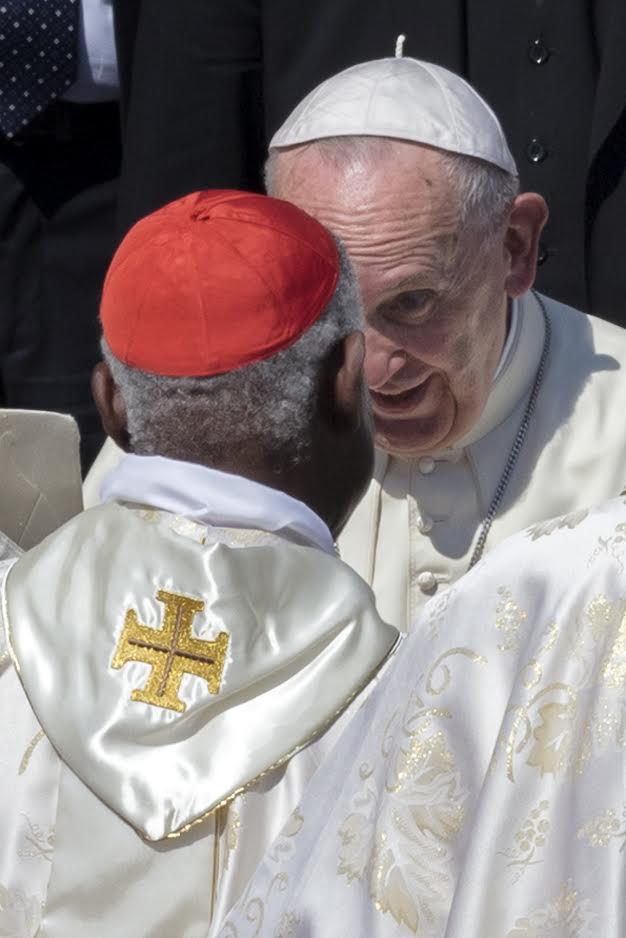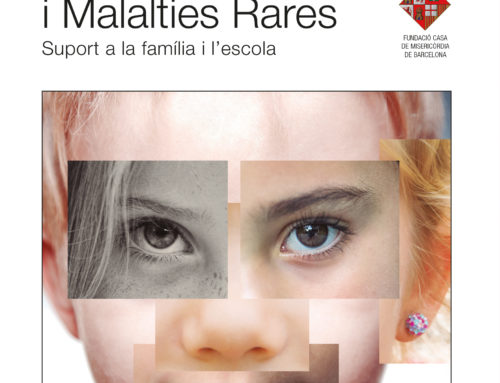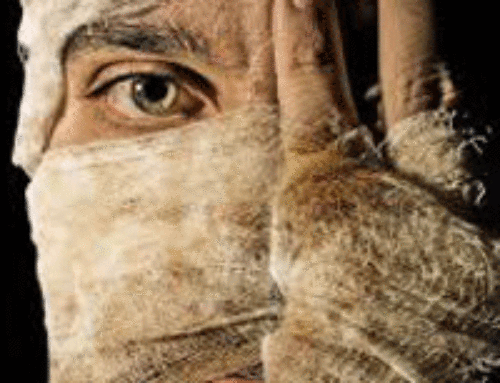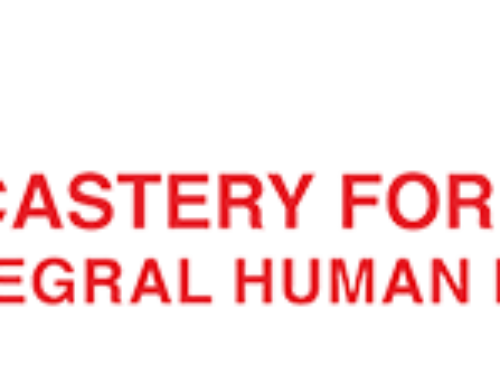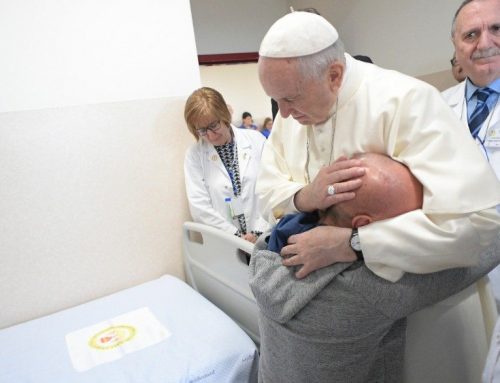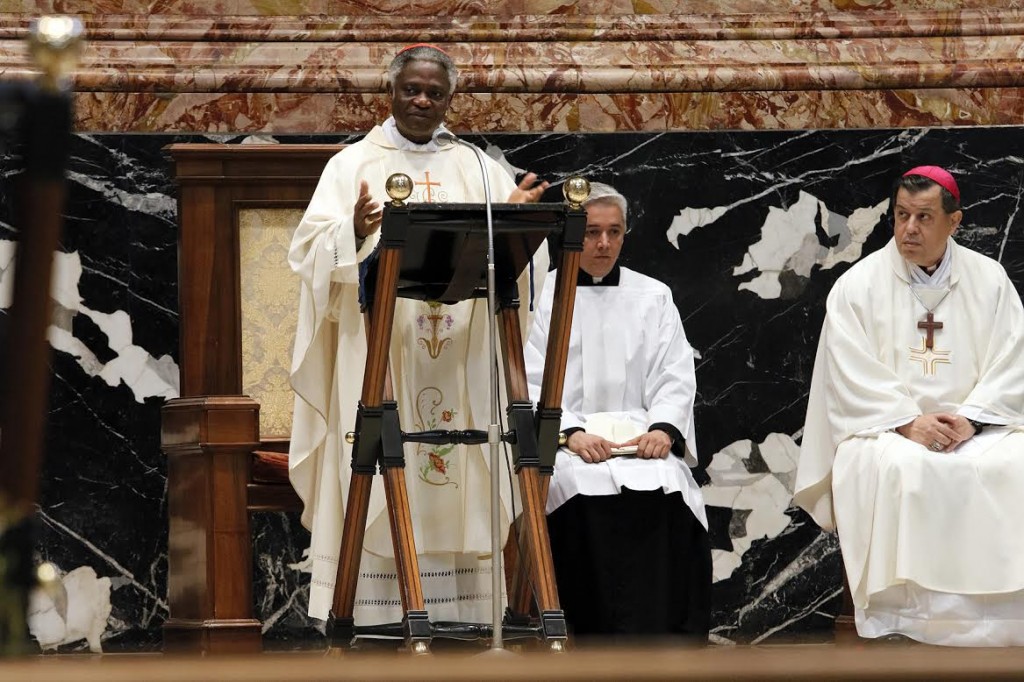
Brothers and sisters, today, February 28, 2021, is the XIV World Rare Disease Day. More than 6,000 diseases are classified as rare, of which 72% are of genetic origin and 70% begin in childhood[1].
People living with a rare disease are among the most vulnerable groups in society. Most of these diseases have no cure and are usually chronic, progressive, degenerative and disabling; they are heterogeneous, predominantly occur in children and require costly treatments.
Rare diseases are often neglected also because of insufficient medical knowledge, which makes it difficult to make a timely diagnosis, and consequently, it takes longer to recognise the disability and access the support that people with rare diseases need, not only with regard to health but also economic, educational and social necessities. All this prevents these dear brothers and sisters of ours from integrating into society, realising their potential, participating actively in family, work and social life, which is essential for the development of their personality, thus generating discrimination and loneliness.
The Covid-19 pandemic has exacerbated many of the difficult challenges these patients face every day, together with their families and carers. Limitations, delays and sometimes even interruption and denial of treatment, medication, diagnostic tests, rehabilitation therapies have had and continue to have serious repercussions on their psycho-physical health.
Often, as Pope Francis points out: “[To the most] vulnerable people are not always granted access to care, or in an equitable manner. This is the result of political decisions, resource management and greater or lesser commitment on the part of those holding positions of responsibility. Investing resources in the care and assistance of the sick is a priority linked to the fundamental principle that health is a primary common good”.[2]
Policy-makers and institutions at various levels, national and international, are called upon to guarantee the right to health for the entire population, by promoting international cooperation, knowledge-sharing and more sustainable and resilient health systems that do not forget the needs of the most vulnerable and leave no one behind.
It is essential to promote a culture of care that is grounded in the promotion of the dignity of every human person, solidarity with the poor and the defenceless, the common good and the protection of creation[3]. Only by ensuring equitable and inclusive access to care and health care for the most vulnerable can we build a more humane society, where no one feels alone, abandoned or excluded. And it is precisely “starting from social love [that] it is possible to advance towards a civilisation of love, to which all of us can feel called”[4].
Dear brothers and sisters, during this time of Lent, let us in our charity “speak words of reassurance and help others to realize that God loves them as sons and daughters”[5]. This is a time to cultivate hope and to love those who are suffering, abandoned and distressed.
With these words I conclude this brief Message and entrust to Mary, Mother of Mercy and Health of the Sick, all those affected by a rare disease, their families, those who care for them lovingly and all those who do their best to protect and recognise their right to care and to live a full life.
Cardinal Peter Kodwo Appiah Turkson
Prefect
_______________________
[1] Cfr. Research published recently on “European Journal of Human Genetics”, author of the article EURORDIS-Rare Diseases Europe, Orphanet & Orphanet Ireland, “Estimating cumulative point prevalence of rare diseases: analysis of the Orphanet database”. The analysis is of rare genetic diseases and is therefore conservative as it does not include rare cancers, nor rare diseases caused by rare bacterial or viral infectious diseases or poisonings, in https://www.nature.com/articles/s41431-019-0508-0.
[2] Francis, Message for the XXIX World Day of the Sick, 11 February 2021, n.3
[3] Cfr. Francis, Message for the LIV World Day of Peace, 1 January 2021
[4] Francis, Encyclical Letter Fratelli Tutti, n. 183.
[5] Francis, Message for Lent 2021

